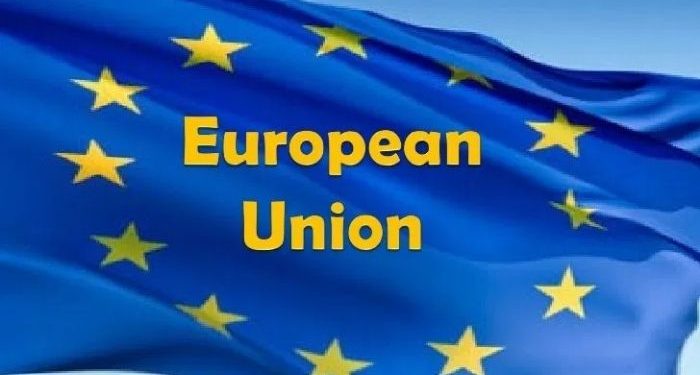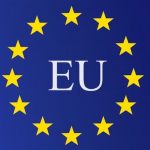Nigeria’s agricultural sector is set to receive a major financing lift as the European Union (EU) has approved a €190 million (about N320.5 billion) credit facility to expand lending to farmers and agribusinesses through Nigerian commercial banks and development finance institutions.
The facility, provided by the European Investment Bank (EIB), was announced during a bilateral meeting between senior EIB executives and a delegation from Nigeria’s Federal Ministry of Budget and Economic Planning on the sidelines of the Global Gateway Forum held recently in Brussels, Belgium.
According to a statement by the Special Adviser on Media to the Minister of Budget and Economic Planning, Bolaji Adeniyi, the financing package is part of the EU’s ongoing support for Nigeria’s economic diversification efforts.
EIB Director for International Partnerships, Thourayya Tricki, said the initiative reflects the EU’s commitment to strengthening Nigeria’s agricultural value chains, particularly in cocoa and dairy.
“The investment package will not only expand access to finance but also promote sustainability and competitiveness in Nigeria’s agri-food products,” she said.
Tricki, who was joined by EIB Head of Sub-Saharan Africa Relations, Diedrick Zambon, explained that the facility includes both credit and technical assistance components for banks and development finance institutions. The goal, she said, is to “de-risk agricultural lending and build institutional capacity for long-term financing in the sector.”
Nigeria already benefits from several EU-supported programmes, including an €18 million grant to strengthen the local regulatory framework for vaccine production and a €50 million facility to deepen access to finance in the pharmaceutical industry.
Representing Nigeria, Special Assistant to the Minister of Budget and Economic Planning, Bolaji Onalaja, and the ministry’s EU Unit Focal Officer, Benjamin Galadima, reaffirmed the country’s commitment to reforms aimed at attracting sustainable investments.
“Our government is determined to create an enabling environment for investment through the forthcoming National Development Plan (2026–2030) and the Ward-Based Development Programme, which will ensure that growth reaches communities at the grassroots,” Onalaja said.
The Nigerian team also held meetings with officials from the Directorate of International Partnerships and the European Bank for Reconstruction and Development to explore cooperation opportunities in green infrastructure, renewable energy, and industrial development.
The delegation, on behalf of the Minister of Budget and Economic Planning, Senator Abubakar Bagudu, expressed appreciation to the Head of the EU Delegation to Nigeria and ECOWAS, Ambassador Gauthier Mignot, for facilitating Nigeria’s participation in the forum.
The Global Gateway Forum, the EU’s flagship investment platform, convenes governments, private investors, and development finance institutions to mobilise funding for sustainable projects promoting digital transformation, green transition, and human capital development.
In her keynote address, President of the European Commission, Ursula von der Leyen, reaffirmed the EU’s commitment to building “mutually beneficial partnerships based on trust and shared prosperity,” announcing an expansion of the Global Gateway Investment Package to €400 billion.
The new EU–Nigeria financing deal is expected to deepen bilateral cooperation and accelerate Nigeria’s efforts to modernise agriculture, strengthen food security, and boost export competitiveness.










